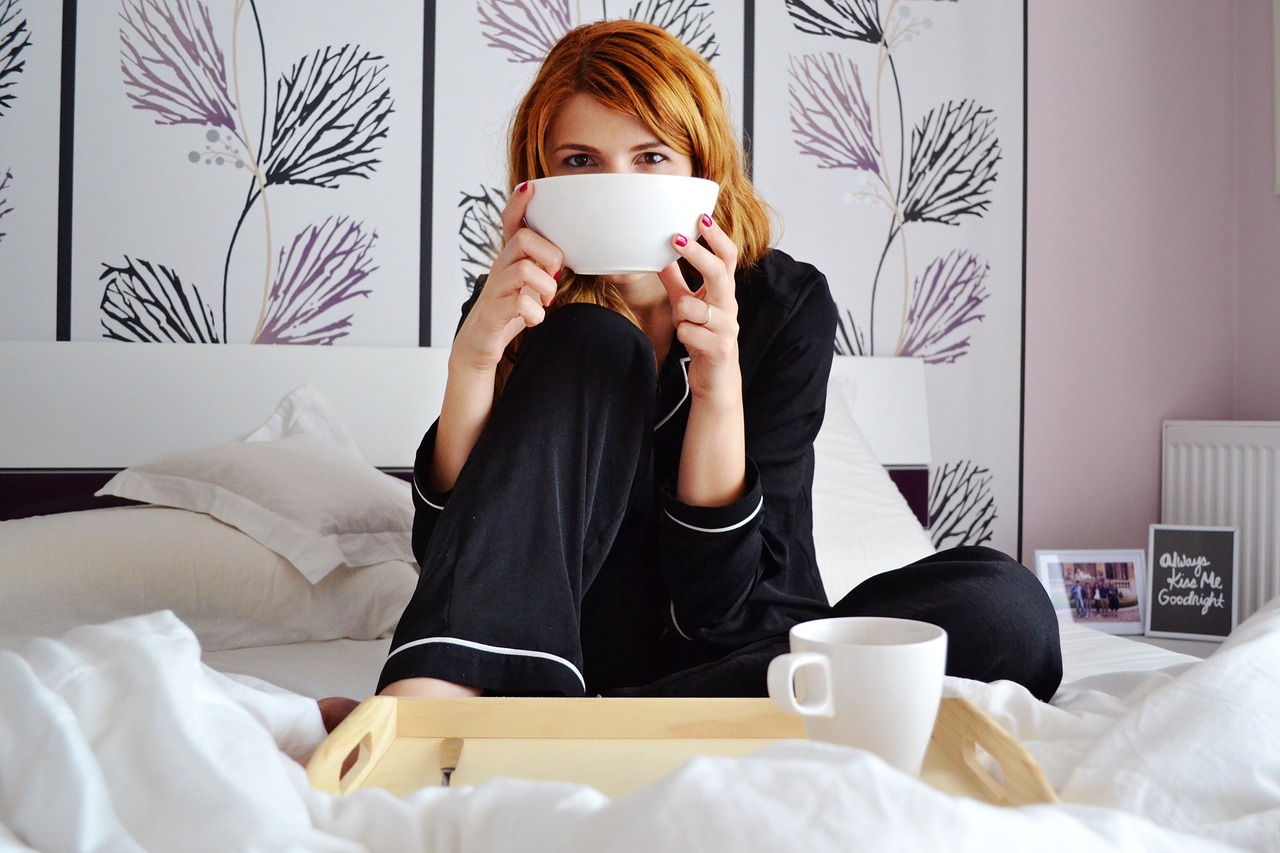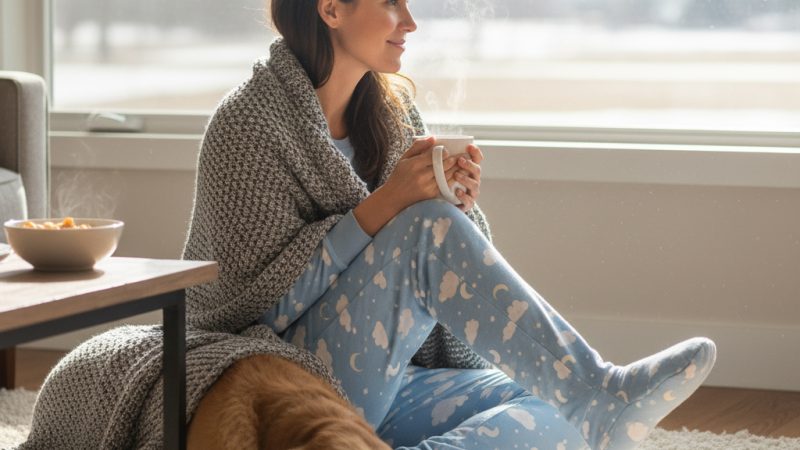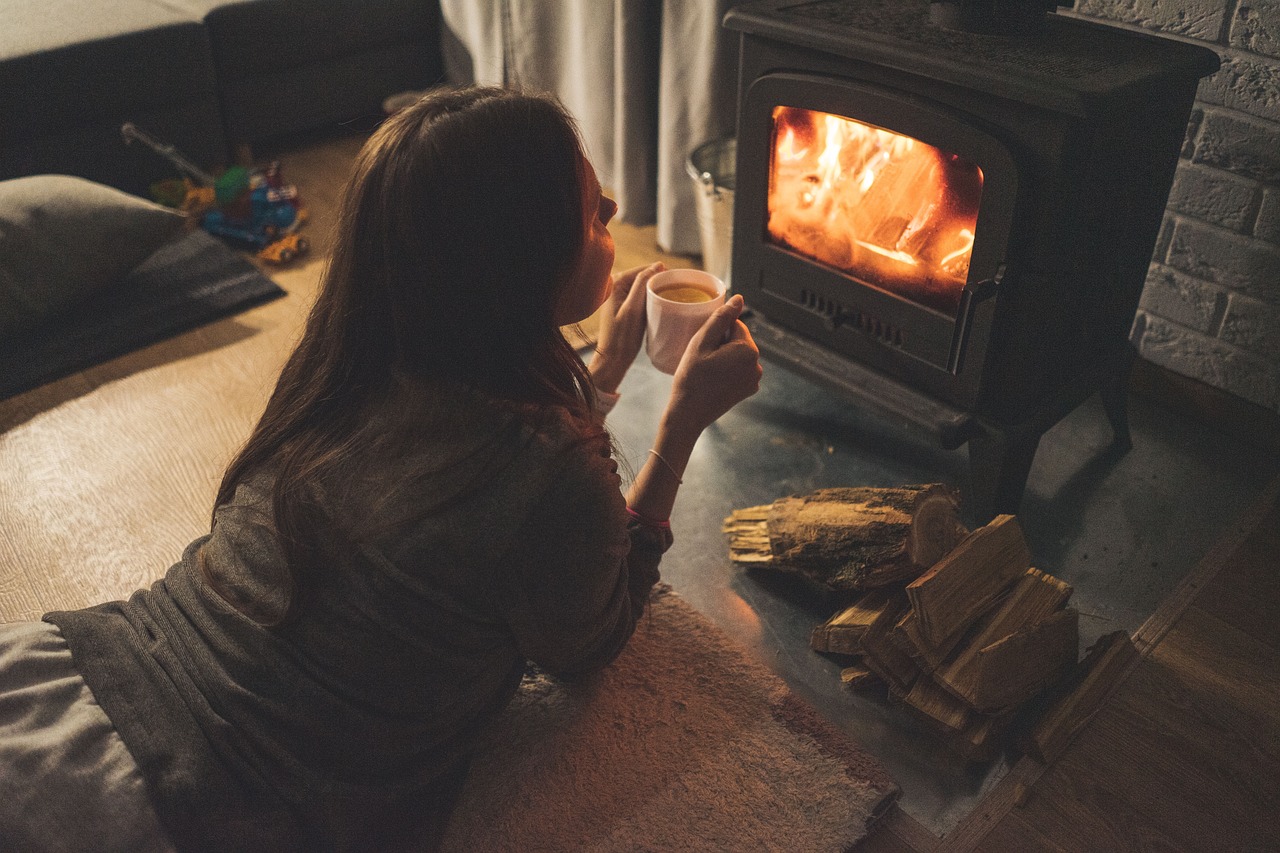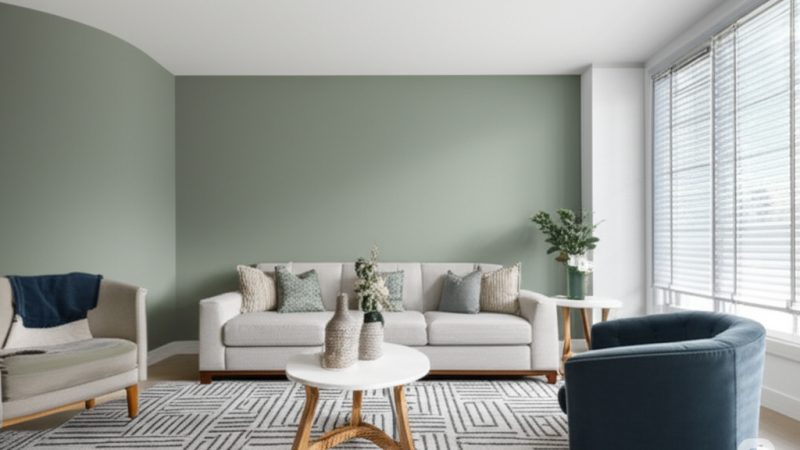How to Get Organized at Home When Taking Care of the Elderly With Dementia
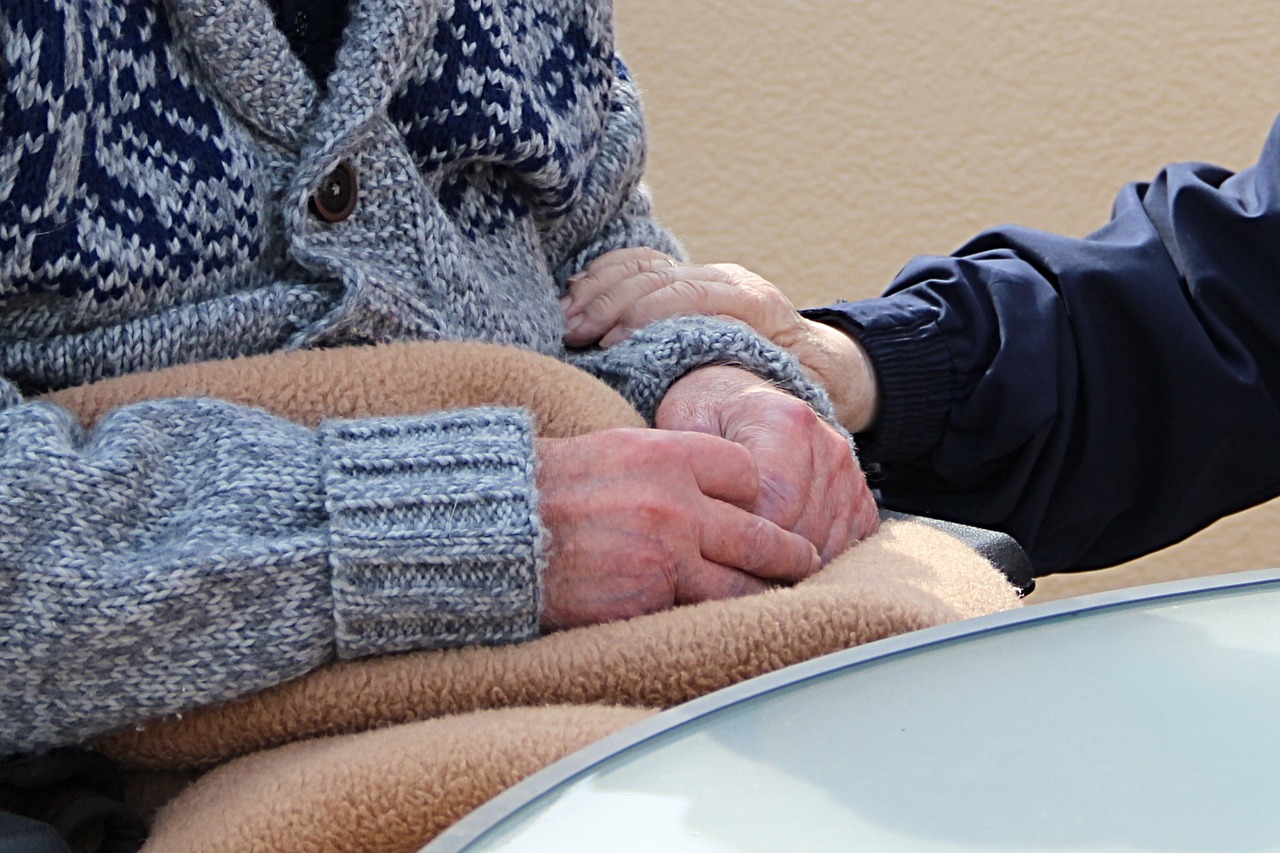
Here are some ideas for how to get organized at home to keep the environment safe and your home life comfortable if you are taking care of the elderly with a dementia. You probably already know that small changes in daily life can create unpredictable consequences, so try to set things up so that the elderly person can function as independently as possible and proceed routinely through daily tasks. This will make life easier for you and your loved one too.
There are many causes of dementia but the end result is usually the same. Besides the inability to remember events, dates, and names, a cognitive impairment leaves the individual unable to think rationally and logically. In this state of mind, every time a decision needs to be made anxiety and frustration escalate.
The elderly with dementia may not be able to think of alternatives or rationally decide the pro’s and con’s of possible courses of action. Frustration leads to agitation which simply makes things worse and can even escalate into physical aggression.
In an organized home, the older person with a cognitive impairment will function better if there are few if any decisions to be made. Daily life should proceed a comfortable pace, with predictable familiar activities. Having a set routine is one of the best ways to create an organized home when taking care of the elderly with dementia. If you can reduce the amount of variation in daily life you will get more predictable and desirable outcomes for everyone who lives there.
When dementia in the elderly complicates your life here is how to get organized at home to maintain stability and reduce anxiety.
Set a Schedule and Stick to It
A set schedule for meals, hygiene, exercise, dressing and many of the other activities of daily living will reduce anxiety and agitation. The elderly person will function better if daily activities proceed predictably with one activity following the other like clockwork.
Expecting an elderly person with dementia to change their routine is asking a lot so try to keep things as stable and predictable as possible. If this means that the person does not go out then by all means keep them at home and invite visitors come to them.
Keep this schedule the same even on special days like calendar holidays, and weekends.
Reduce Variation in The Environment
Keep everything in the same spot all the time and keep items visible if possible. Keep drawers and cupboards as organized as possible with everything in the same place all the time. It may help if drawers and other containers are labelled. Just make sure the labels are large enough for failing eyes.
Reduce The Number of Decisions to Be Made
Family members often complain that the elderly with dementia do not like to change their clothes and will wear the same thing day in and day out. This is simply a way of trying to cope with life without having to participate in decision making. Something as simple as deciding what to wear can be too difficult. So if your loved one has some favourite clothes then by all means by several of that item. With one item to be worn that day, one in the wash and one in the drawer, the elderly person with dementia can get dressed every morning in the same clothes but still be clean. It is unlikely that an elderly person with dementia would recognize each item as a duplicate and they will feel comfortable in their favourite clothing items.
Special Challenges
Wandering can be handled by using various alarm type systems to alert you that they are leaving the house. Every morning keep a record of what items are being worn and if there is a wandering persons registry in your community make sure they are on it. If your loved one does get out it should not be difficult to identify them and get them safely back home again.
Toileting can be challenging if bowel and bladder control is weak or even lost altogether. Urinary incontinence can be handled with any of the very good incontinence products that are available today. These products even look and feel like real underwear. If you record how many diapers and pads are needed in a week or a month you can get them delivered to your home on a monthly basis. This cuts down on shopping trips and reduces the number of things you have to do. If incontinence of bowels and bladder are an issue make sure to get a consultation from a nurse as there may be special measures you have to take to maintain the skin in good condition.
Maintaining a regular schedule is important for elimination too. A trip to the toilet every 2-3 hours is a good way to prevent accidents.
And perhaps the most important tip for getting organized at home when you are taking care of the elderly with dementia is to remember that you cannot expect the elderly person to be adapting and accommodating and coping with change. Dementia prevents that from even being possible.
It is in fact your job to make the adaptations and find solutions. Sometimes it takes a good amount of trial and error to find something that works. Hopefully some of these suggestions will give you a place to start.
The Author:
These suggestions for how to get organized at home when taking care of the elderly with dementia come from first hand experience. Beverly Hansen OMalley is a nurse who has been caretaking her elderly parents for over 10 years.
Photo. Guvo59



